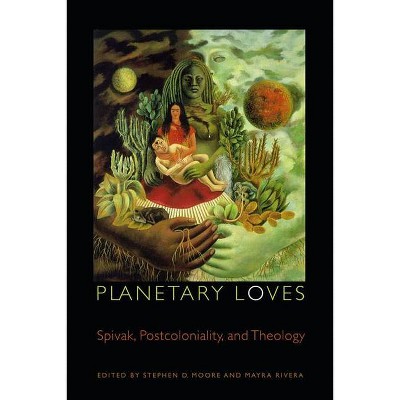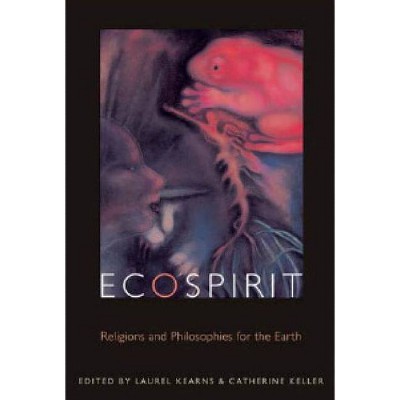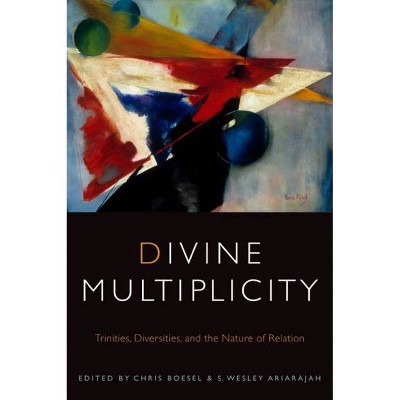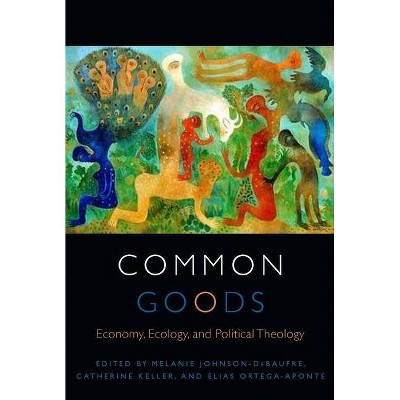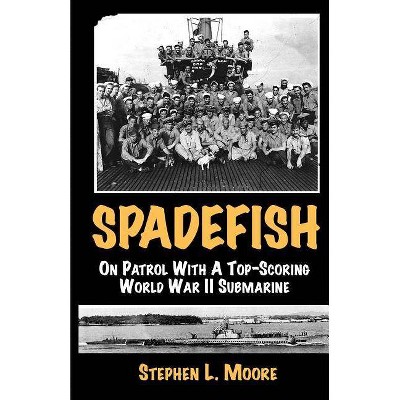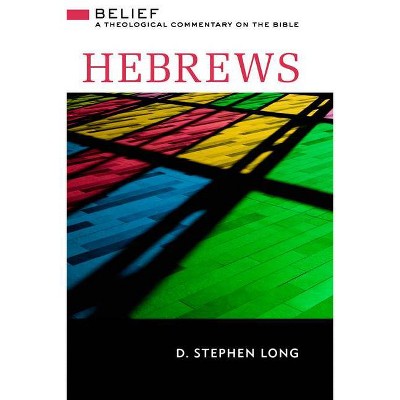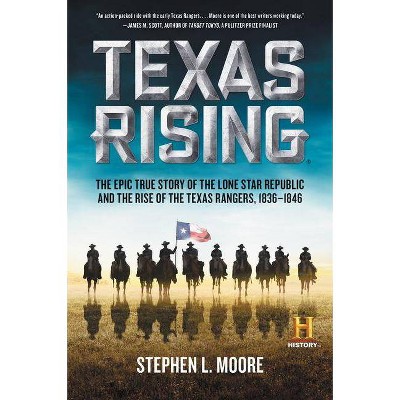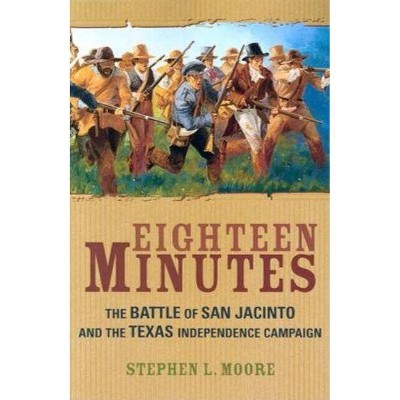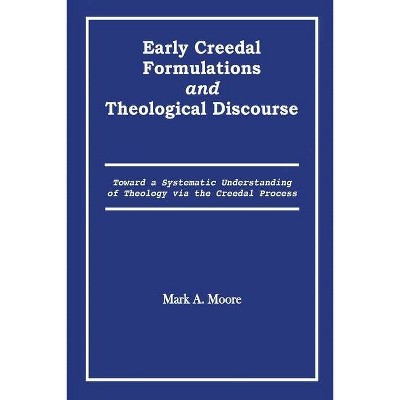Divinanimality - (Transdisciplinary Theological Colloquia) by Stephen D Moore (Hardcover)
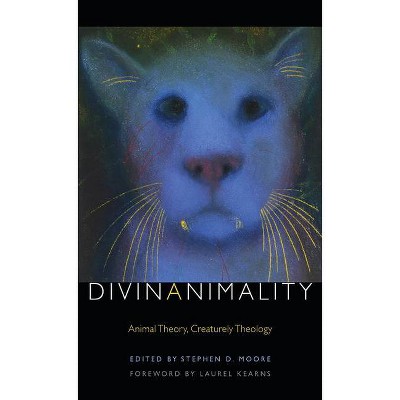
Similar Products
Products of same category from the store
AllProduct info
<p/><br></br><p><b> About the Book </b></p></br></br>This volume is the first full-length attempt from within the fields of theological and biblical studies to grapple with "the turn to the animal" currently underway in the humanities, a turn catalyzed in part by the animality theory that has issued from such thinkers as Jacques Derrida and Donna Haraway.<p/><br></br><p><b> Book Synopsis </b></p></br></br><p>A turn to the animal is underway in the humanities, most obviously in such fields as philosophy, literary studies, cultural studies, and religious studies. One important catalyst for this development has been the remarkable body of animal theory issuing from such thinkers as Jacques Derrida and Donna Haraway. What might the resulting interdisciplinary field, commonly termed animality studies, mean for theology, biblical studies, and other cognate disciplines? Is it possible to move from animal theory to creaturely theology? <p/>This volume is the first full-length attempt to grapple centrally with these questions. It attempts to triangulate philosophical and theoretical reflections on animality and humanity with theological reflections on divinity. If the animal-human distinction is being rethought and retheorized as never before, then the animal-human-divine distinctions need to be rethought, retheorized, and retheologized along with it. This is the task that the multidisciplinary team of theologians, biblical scholars, philosophers, and historians assembled in this volume collectively undertakes. They do so frequently with recourse to Derrida's animal philosophy and also with recourse to an eclectic range of other relevant thinkers, such as Haraway, Giorgio Agamben, Emmanuel Levinas, Gloria Anzaldua, Helene Cixous, A. N. Whitehead, and Lynn White Jr. <p/>The result is a volume that will be essential reading for religious studies audiences interested in ecological issues, animality studies, and posthumanism, as well as for animality studies audiences interested in how constructions of the divine have informed constructions of the nonhuman animal through history.</p><p/><br></br><p><b> Review Quotes </b></p></br></br><br>"The claim that non-existence is morally preferable to one that ends in premature abattoir death seems, at the least, debatable. Coming up to date, Stephen Moore's collection Divinanimality goes straight to the intrinsic worth argument - on spiritual and religious grounds. The title (from the French philosopher Jacques Derrida) sees animals collectively as 'radically other' in ways akin to the 'radical otherness' of God, so as to position humans and animals within a shared sphere of mutual respect and care.-- "--Adam Roberts, New Scientist CULTURELAB"<br><br>"This is an excellent volume, written with clarity, precision, and deep feeling for a better understanding of the sacred character of animal beings within the wider natural world."<b>-----Mark Wallace, <i>Swarthmore College</i></b><br><br>An outstanding and important piece of collective scholarship.<b>-----Mary-Jane Rubenstein, <i>Wesleyan University</i></b><br><p/><br></br><p><b> About the Author </b></p></br></br><br>STEPHEN D. MOORE is Professor of New Testament Studies in the Theological School and Graduate Division of Religion of Drew University. The most recent of his many books is The Invention of the Biblical Scholar: A Critical Manifesto, with Yvonne Sherwood <p/>LAUREL KEARNS is Associate Professor of Sociology of Religion and Environmental Studies in the Theological School and Graduate Division of Religion of Drew University. She is the co-editor of Ecospirit: Religions and Philosophies for the Earth (Fordham).<br>
Price History
Cheapest price in the interval: 110 on November 8, 2021
Most expensive price in the interval: 110 on December 20, 2021
Price Archive shows prices from various stores, lets you see history and find the cheapest. There is no actual sale on the website. For all support, inquiry and suggestion messagescommunication@pricearchive.us
